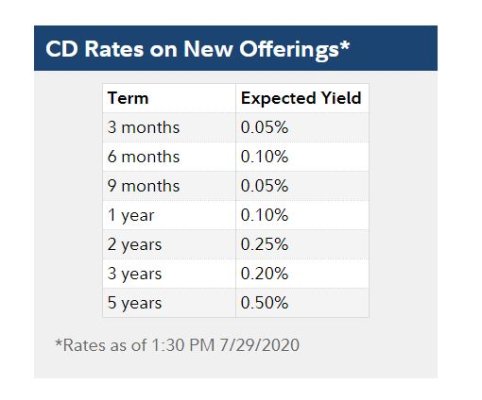My house will be sold next Friday (yay!). Proceeds should be about $425,000. I’m in an apartment now while I work for the next 23 months in a city where I don’t plan to live forever. After 23 months, I hope to find my final retirement destination. It is possible I will choose to rent somewhere else before I buy, but I do expect that in the next 24-36 months, I will purchase a home somewhere. Will I need the entire $425,000? I hope not, but if I move to the west coast, it’s a possibility (and probably more). I also have additional cash reserves in some savings and checking accounts; I have been reluctant to invest this money because of the volatility in the market and because I hope to use these reserves to support myself post-retirement between the ages of 52 (my anticipated retirement age) and 60 so that I don’t need to touch any of my primary portfolio of $2.6M until I’m past the age of 60. But I know it would be stupid to just leave several hundreds of thousands of dollars sitting around in cash and low-return CD’s and savings accounts
My question is, what would be a good, relatively safe short term investment for $425K - $600K?
My question is, what would be a good, relatively safe short term investment for $425K - $600K?


